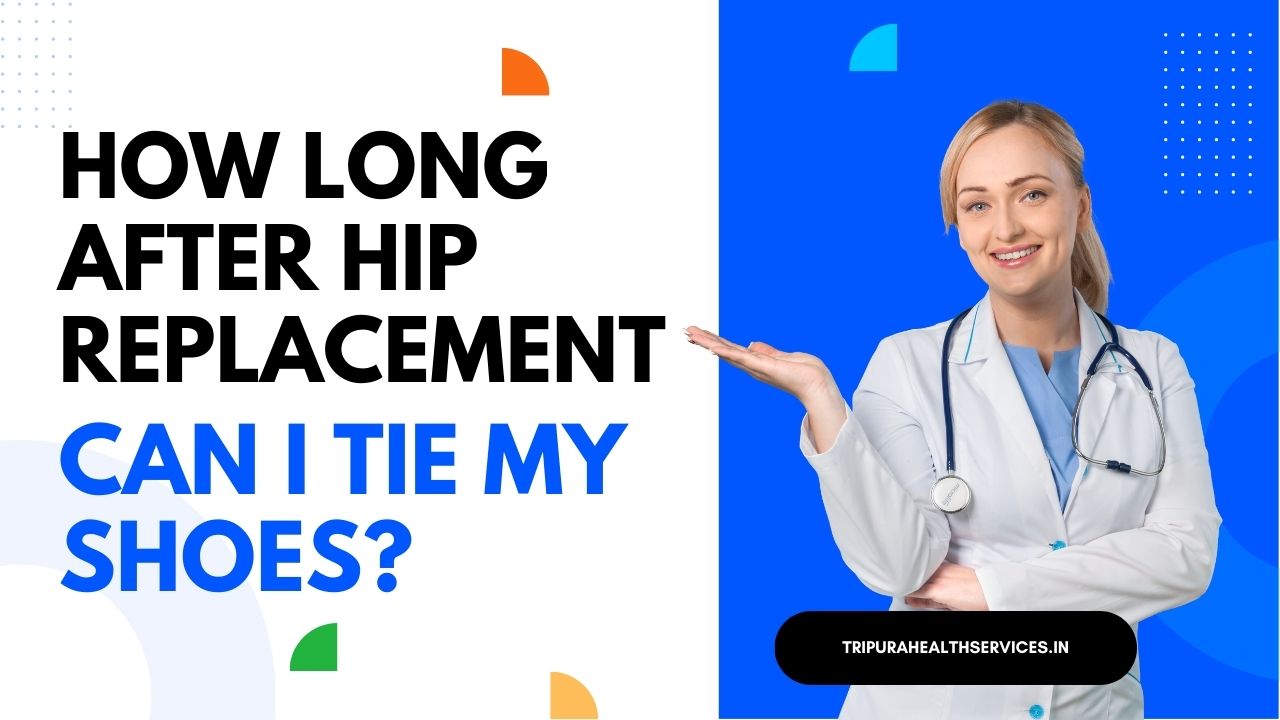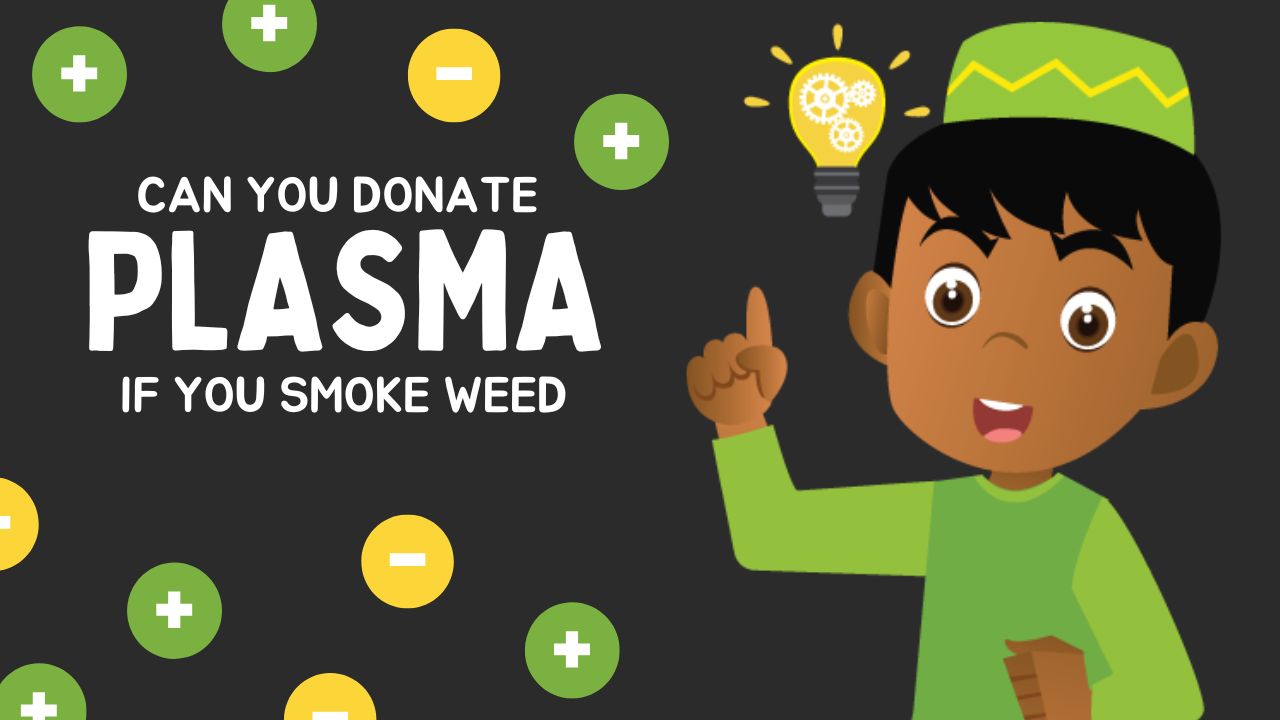Do Vegetarians Have A Higher Risk Of Depression Than Meat Eaters?

After the publication of a new study that reveals vegetarian diets contribute to greater instances of depression, the conflict over which diet can be considered the best continues. On the other hand, this might be further evidence that there are other variables besides eating meat that contributes to the development of depression.
According to recent studies conducted in Brazil, vegetarian diets may be associated with an increased risk of developing depression compared to diets that include meat; however, other data suggest the opposite. It would appear that the only way to effectively treat depression is by the maintenance of a healthy lifestyle, which includes the consumption of either diet.

In order to investigate the possibility of a connection between vegetarianism and clinical depression, the Brazilian study questioned 14,216 adults in the country who were between the ages of 35 and 74. The frequency of depressive episodes was shown to be correlated with a vegetarian diet, according to the findings of the research.
In comparison to those who consumed meat, those who abstained from meat were shown to be twice as likely to experience an episode of depression. This current study is consistent with a large number of earlier studies that investigated the connection between vegetarian diets and feelings of depression.
Over 9,000 Australian women between the ages of 22 and 27 were included in the research that was conducted in 2007 in Australia. They discovered that the mental health of vegetarians and semi-vegetarians was lower than that of non-vegetarians.
A study that was conducted in Germany and published in 2012 showed the same thing: that following a vegetarian diet is not connected with having improved mental health. Despite this, the most comprehensive research on vegetarian diets was conducted in France in 2018.
The participants in this study were evaluated on more than simply their status as vegetarians, vegans, or meat eaters; the researchers also analyzed the specific foods that each participant consumed on a daily basis.
For instance, vegetarians who did not consume legumes (such as beans, peas, or lentils) had a higher risk of displaying symptoms related to mental disorders such as depression. In general, the findings of the study corroborated earlier research, contradicting the hypothesis of the French study, which said that depression symptoms were unrelated to eating of less meat.
There is a considerable body of research that suggests a reduction in meat consumption is associated with an increase in mental health problems; however, there are several studies that contradict this finding.
A study conducted in the United States, for instance, looked at the health of 138 Seventh-day Adventist male and female participants living in the American Southwest. Meat consumption is not encouraged within the Seventh-day Adventist religion; hence members of this sect typically abstain from eating it.
Despite a lower consumption of long-chain omega-3 fatty acids, the researchers did not find any association between vegetarian diets and mood impacts such as depression caused by vegetarian diets.
Keeping a healthy, balanced diet
There is no reason to believe that consuming a vegetarian diet that is high in processed foods will provide more health benefits than eating a diet that is high in chicken breast and broccoli.
The same may be said for a diet that emphasizes processed meats rather than things like black beans, lentils, whole grains, and other foods that are naturally nutritious.
Dietary recommendations for maintaining cognitive function, as provided by the University of California at San Francisco Health:
- Three to four times per week, you should eat dark green vegetables including broccoli, peppers, kale, spinach, and Brussels sprouts.
- To assist increase your consumption of fiber, try eating whole-grain bread in addition to rye, oats, barley, amaranth, and quinoa.
- Legumes such as beans, lentils, and other similar foods.
- Omega-3 fatty acids can be found in fish such as salmon, trout, herring, bluefish, sardines, and tuna. Aim for three to four servings of fish each week.
- Two to four portions of fruit every day, with the primary focus being on the consumption of berries such as raspberries, blueberries, blackberries, and strawberries.
Many people believe that eating red meat contributes to an increased risk of developing various health problems; however, a study that was conducted by the University of Washington’s Institute for Health Metrics and Evaluation and published on October 10, 2022, discovered little evidence that eating red meat contributes to the development of complications.
If a person’s diet consists primarily of burgers without any vegetables and sitting for the majority of the day, they are not taking any actions that are beneficial to their health. The same holds true for a vegetarian who engages in physical activity and consumes unhealthy diet choices that do not include any form of animal.
One of the most important components in the battle against depression is physical activity. It is advised that individuals engage in some form of physical activity at least three to four times each week for a duration of at least thirty minutes each time. Exercising is a great method to let off steam and distract oneself from potentially stressful situations.
Maintaining healthy amounts of physical activity has been shown to reduce the risk of developing breast and colon cancer, diabetes, and heart disease. In addition, regular physical activity is an excellent tool for warding off fat. Obesity is a problem that can affect everyone, regardless of whether or not they eat meat.
According to studies from the Centers for Disease Control and Prevention, the prevalence of obesity in the United States at the present time is 41.9%. (CDC). It has also been discovered that being obese might lead to feelings of depression.
- Your Ultimate Guide to Travel Insurance for Adventure Sports
- A Guide to Renters Insurance for Pet Owners: Pet-Proof Your Policy
- Safeguard Your Future: Understanding Identity Theft Insurance
- Safeguard Your Event: Understanding Event Cancellation Insurance
- Everything You Need to Know About Critical Illness Insurance Riders
- Home Equity Loans vs. HELOCs: Which is Right for You?












